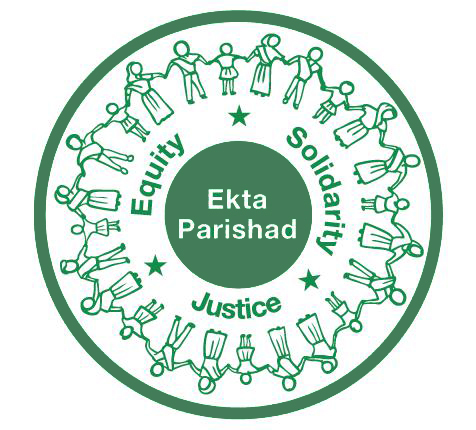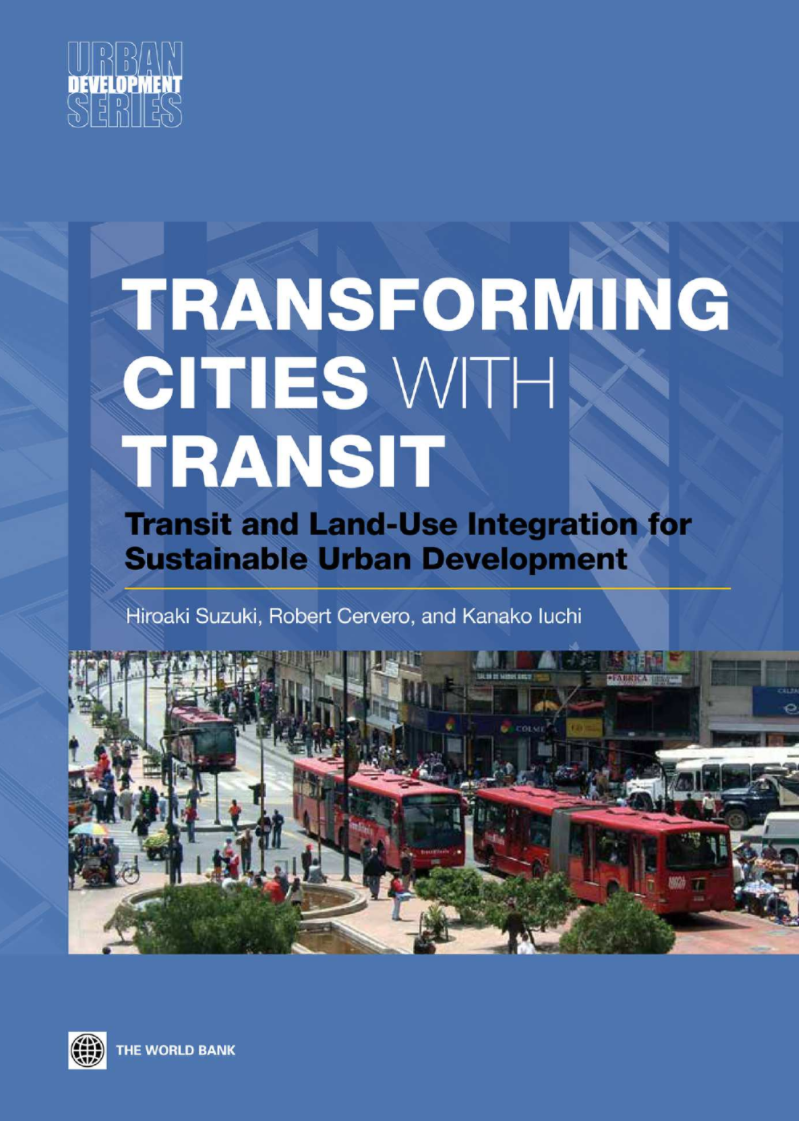Ghana: The role of individuals and private equity as a source of financing for aspects of urban regeneration
This paper by Rexford Assasie Oppong of the Kwame Nkrumah University of Science and Technology and Andre Brown of the University of Liverpool used the case of Kumasi (Ghana) to highlight the role of individuals and private equity as a source of financing for
aspects of urban regeneration in Ghana.
Read more at http://afresnet.net/downloads/Journal%20of%20African%20Real%20Estate%20R...





